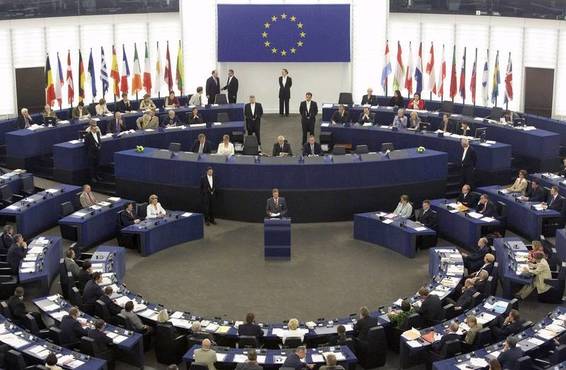|
By D. Gasparian For the last decade, the possibility of EU reform has been growing, primarily due to economic recessions, such as the one in 2008, and the long-term claim that the EU is an "undemocratic institution" with unelected representatives.
However, there is very little consensus within the bloc as to exactly what that reform should be. Many of those such as Nigel Farage, for example, simply wish to disband the European Union, while politicians such as Macron wish to keep the European Union and, indeed, pursue stronger ties. Popular demand, however, means that reforming the economic aspect of the EU and the Eurozone has become inevitable, even for those who strongly support the EU. The top leadership, too, is divided - federalists like Juncker, for example, believe that the EU will benefit from closer social and economic integration, whereas Michael Leigh, a leading German politician, believes that a looser union of European states is the way forward. Time Magazine recently published an interesting article in which the issue is discussed in greater depth. Essentially, it is unclear what the reform will be. In addition, the EU's structure is so complicated that there is nobody to propose such a reform in the first place. It is unknown what will happen to the European Union. After a wave of pessimism following the Brexit referendum in the United Kingdom, however, a number of pro-European parties have done well in national elections, from Bulgaria to France and from Serbia to the Netherlands. Even when Puigdemont declared Catalonia an independent nation, which one would assume to threaten the EU's integration, he announced it with both a Catalan and EU flag. Following the voting patterns taking place across Europe, it can be argued that Brexit is not a true crisis to the structure of the EU, but a small setback within a movement of continued integration.
0 Comments
Leave a Reply. |
Categories
All
Archives
June 2024
|

